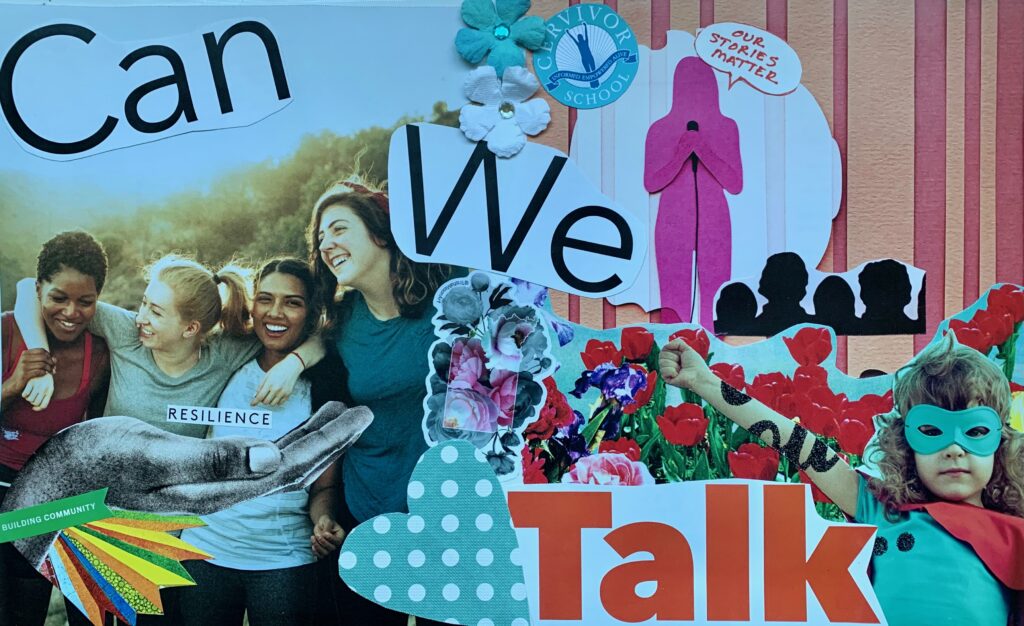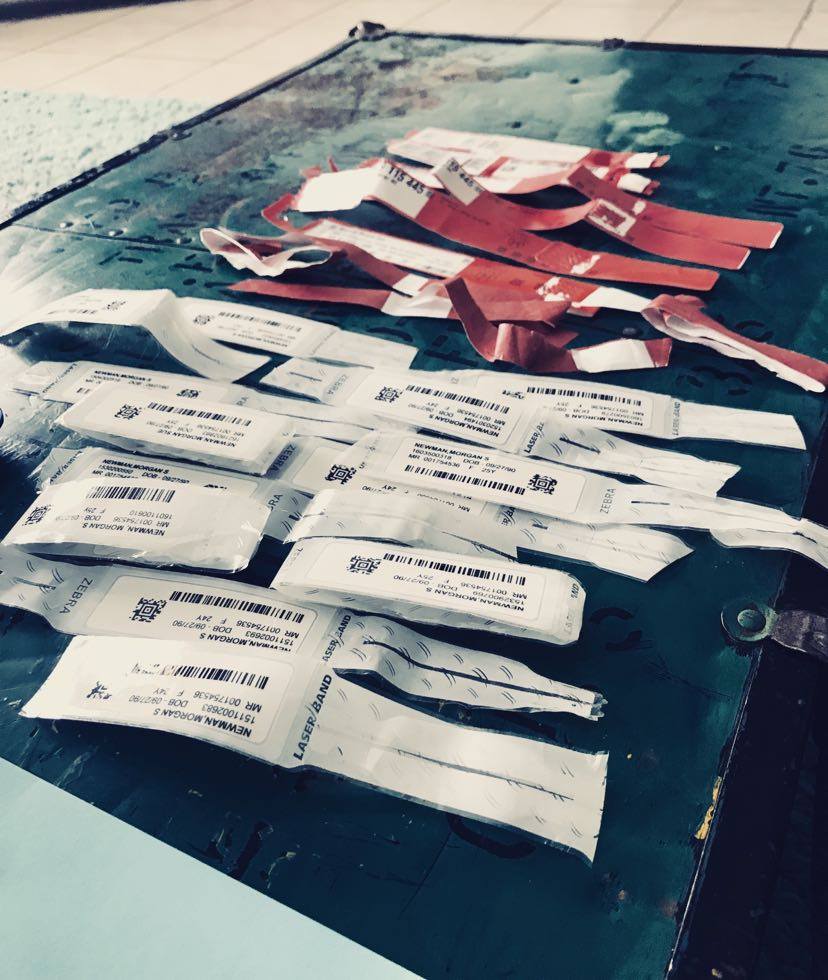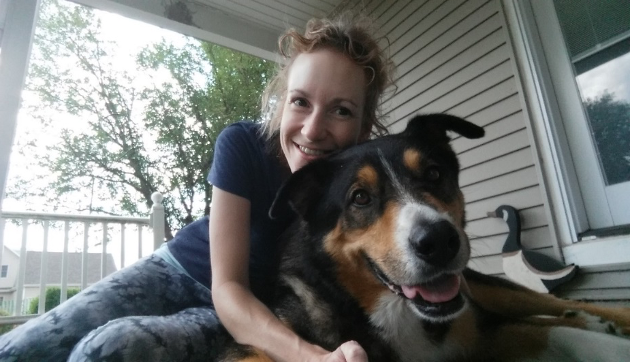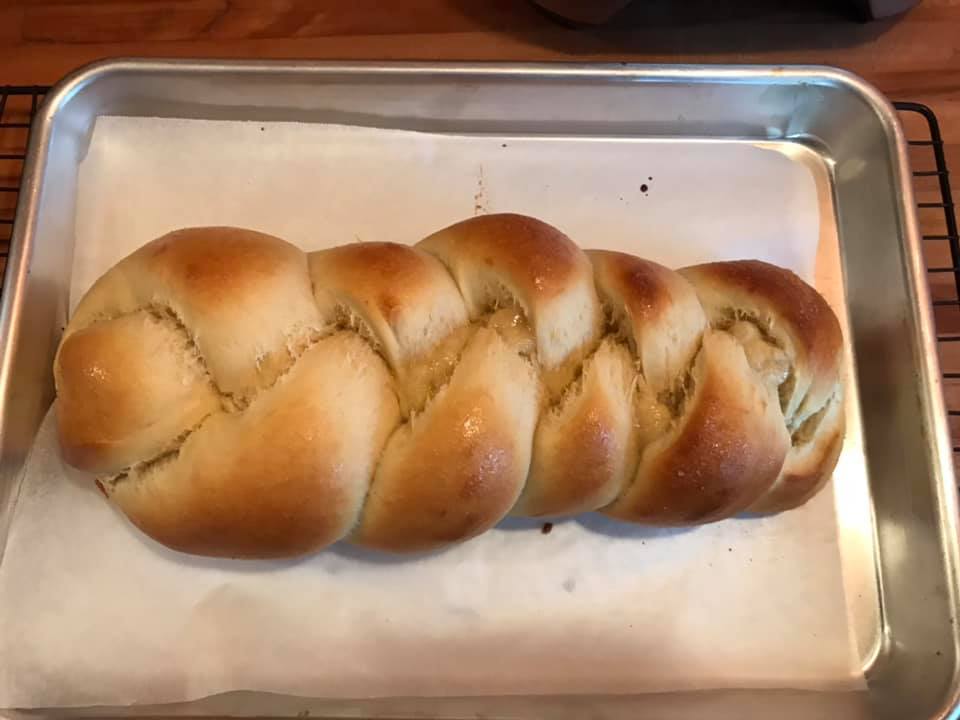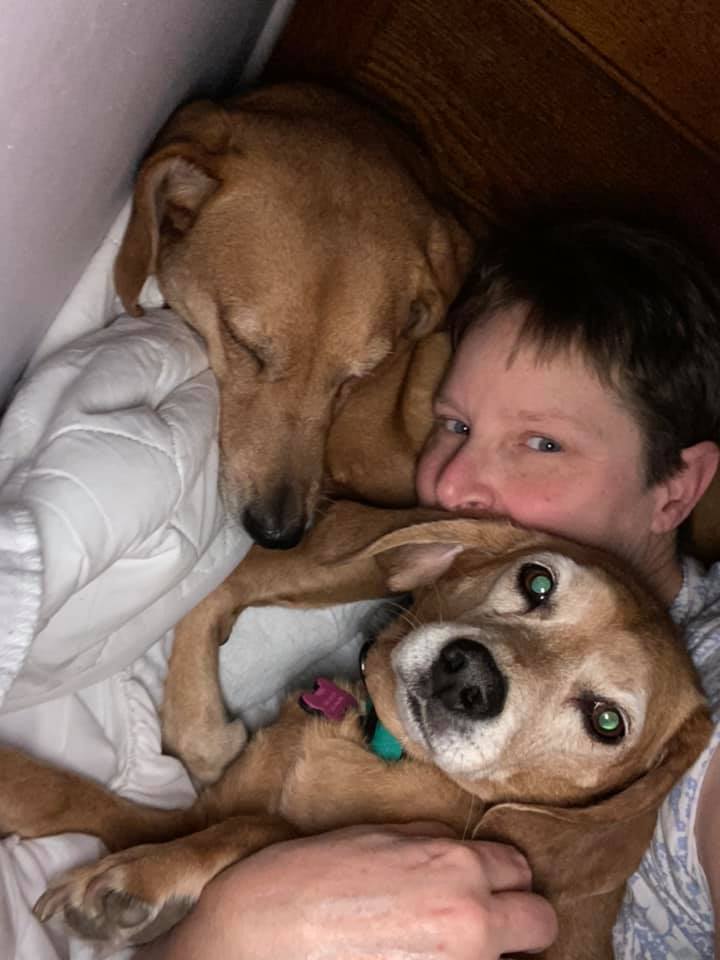A cancer diagnosis rocks your entire world! No matter where you are in life, hearing that you have any cancer is an enormous hit.
I was 26 years old in 2018 when I received my cancer diagnosis. I was working as a security officer and learning to cope with a new mental illness diagnosis from an unrelated event. I was struggling mentally, but I was also having some physical issues. I was noticing changes in my body. My periods got longer, the pain wouldn’t stop, and I went to the emergency room. The doctor told me I had an enlarged cervix during that visit and treated me with antibiotics. When I had my yearly pap test, they found a mass and wanted to do a biopsy. It was at that moment that I became full of anxiety. I was full of fear. All I heard was “cancer,” “hysterectomy,” and “no kids.” How would I manage? How would I tell my family? How would I FEEL?
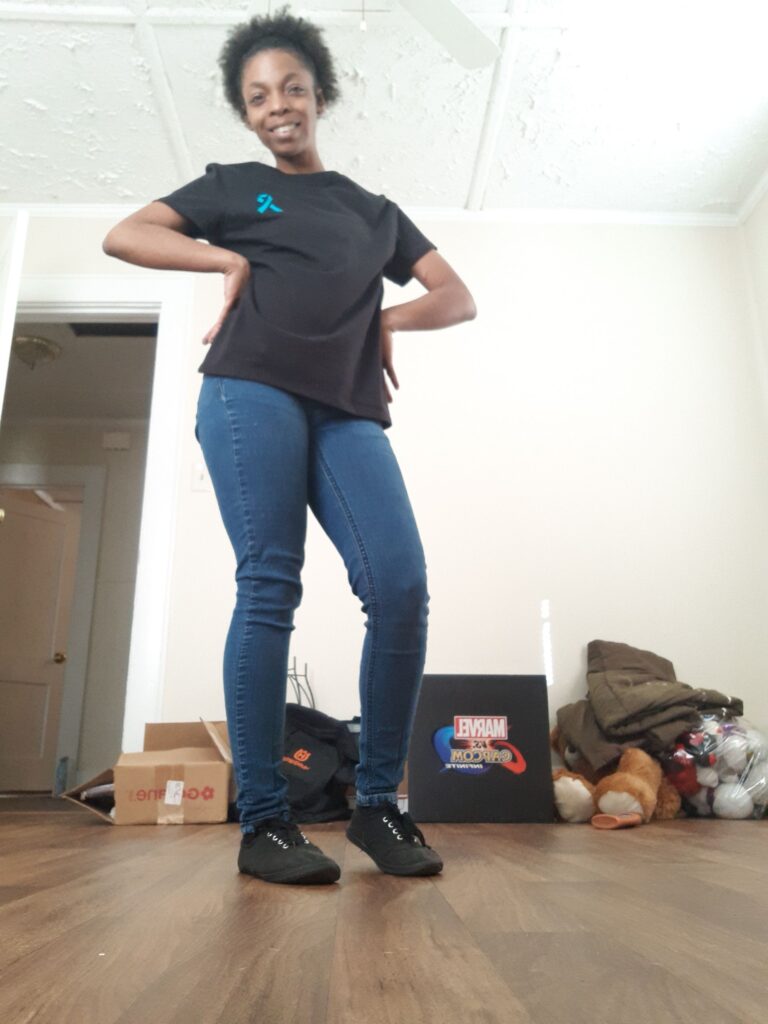
BEFORE CANCER
Before I was diagnosed with cancer, I didn’t handle my anxiety and depression with care. I tried to avoid conversations. It wasn’t until my cancer diagnosis that I realized how important mental health is as a part of our overall well-being! My father always told me that we could never make sound decisions without a clear mind. I used that as a basis for taking care of myself. I needed my mind clear to remember appointments, to remember medicines, to communicate with my team, the people around me, and so much more. I needed a clear mind to advocate for my care.
AFTER CANCER
After my cancer diagnosis, I had to deal with many different feelings. The top three were anger, sadness, and guilt. I couldn’t wrap my head around having cancer and the future of no children. I felt like I had to make decisions quickly, although I talked it through with my parents. The talks of infertility, menopause, and treatment weeks made my head spin. I almost didn’t go through with the chemo and radiation. At some points, I felt like less than a woman because I could no longer naturally reproduce and I no longer functioned the way I used to. I had a lack of libido, so sex wasn’t so appealing to me. These were some of the things I found it hard to talk about, so at times, I suffered silently.
SUPPORT & SELF-CARE
A support system is vital in finding mental/emotional stability before and after a cancer diagnosis. Most importantly, self-care is an excellent way to ensure that you find some ease in dealing with day-to-day routines. After realizing that my parents and fiancée would be there the whole way through, it eased my paranoia, and I felt empowered. I vowed to live life in the very moment and heed my tattoo to learn to accept the things I cannot change and have the courage to change the things I can, with wisdom to know the difference (Serenity prayer).
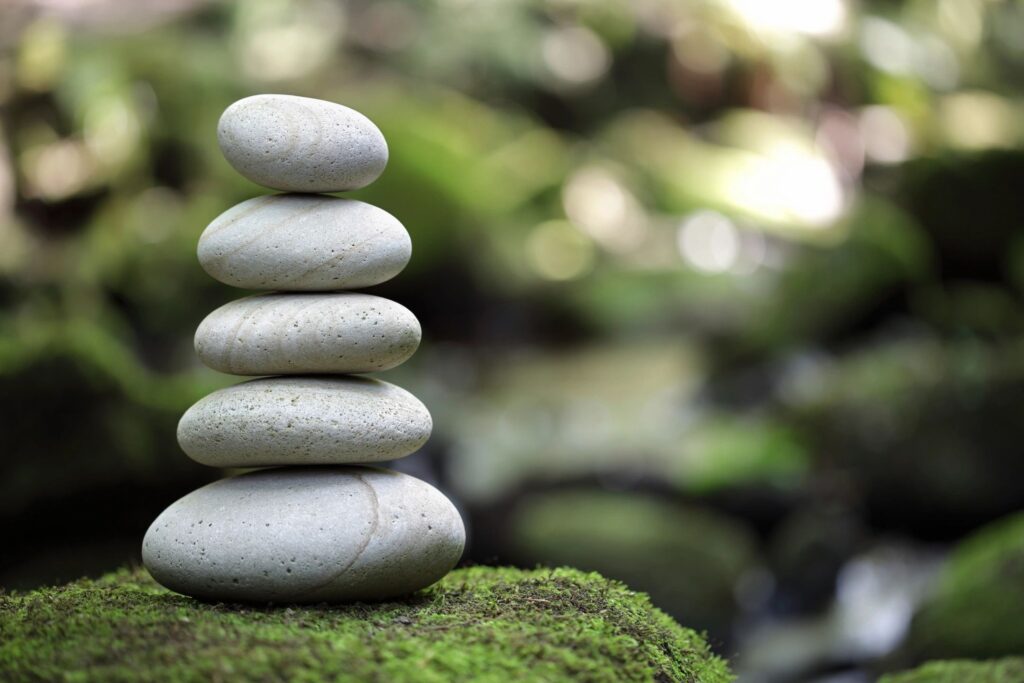
Another way I coped before/after my diagnosis was meditation for at least 15 minutes each day. I affirmed that I would be healed, proclaimed that I would find peace, and declared that I would find a way to raise awareness and do what I can to teach people around me about how important it is to care for ourselves.
I saw a therapist at least twice a week a to talk and not see judgment. It was some of the best conversations I’ve ever had. My therapist helped me make sense of a lot of my emotions. She helped me see when I would misplace my anger and got me into journaling, which is another excellent way to cope and get things off your chest.
Joining a support group also played a part in my mental health. I connected with other women who were feeling the same; they got it. I joined at least three or four different groups. They were all caring and positive. We shared our feelings, thoughts, and encouraged one another. Usually, I would not join groups like this, but they were safe spaces. It made me feel good and at peace, but sometimes I would feel guilty that I complained so much, and as it seemed some women were enduring so much more than me. Now, I understand that I don’t have to write off my pain to validate someone else’s. Empathy is real! I would advise you not to join or leave any support group that makes you feel bad or does not resonate with what you are looking for.
Although cancer can make you feel exhausted, disabled, and empty, it can also make you feel empowered, tenacious, and beautiful. Remember that you are worth it. You shouldn’t be ashamed to seek mental health advice when your anxiety or stress feels too heavy. Some fun and creative ways to help relax would be arts, coloring books, and music. Talk it out or write it down, but it is never healthy to hold it in. Also, remember that it is OKAY NOT to BE OKAY! We often think that we must be strong for everyone around us, but we don’t have to pretend that we do not need a shoulder to lean on sometimes.
Kyana is part of our Cervivor community and is a survivor of stage IIIB cervical cancer. Diagnosed at 26 years old, she found empowerment through Cervivor. Cervivor’s online groups taught her how to be more vocal about her care and spread awareness so that others are able to feel that same empowerment and advocate for themselves. Kyana shares her story in hopes that it will teach just one person about the importance of self-advocacy and preventative care, and to eliminate stigmas.
